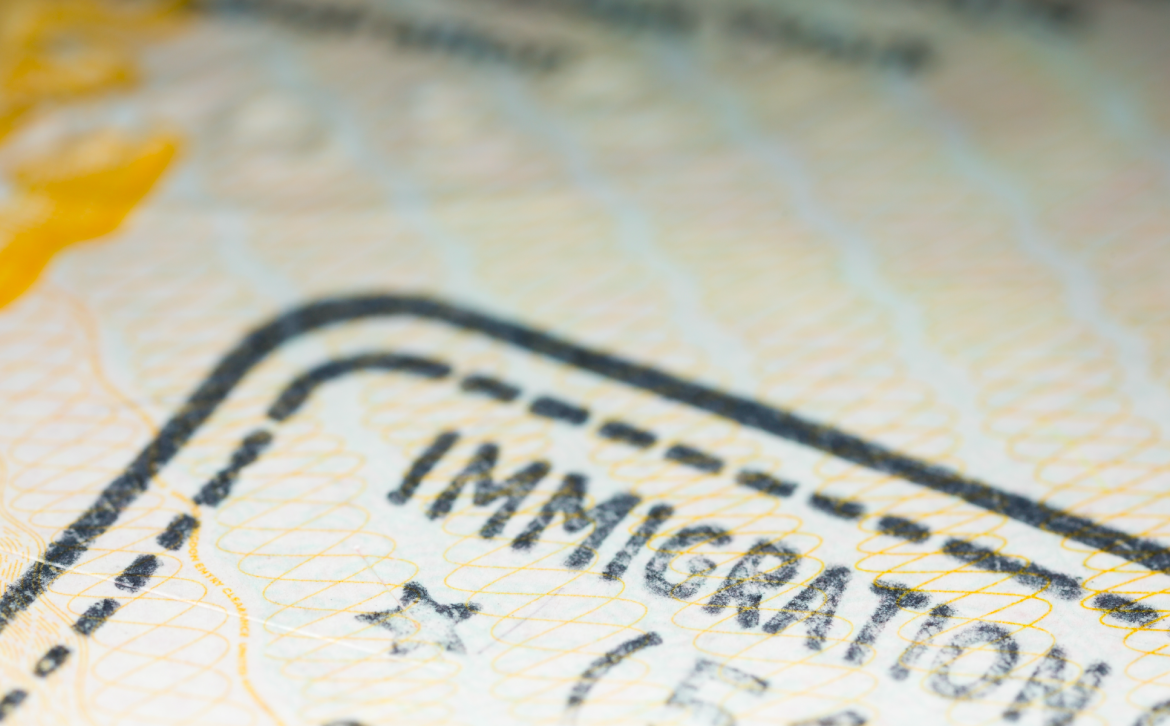NJORD Estonia: A new immigration quota has been introduced to apply for residence permits
According to the law, the immigration quota limits the number of aliens who can settle in Estonia, and that number must not exceed 0.1% of the permanent population of Estonia per year. Every year the Government of the Republic establishes a new immigration quota, determining how many aliens can be granted a residence permit to settle in Estonia.

The Estonian Government has set the immigration quota for 2023 to 1307. It is also the highest quota that the current law allows. This quota is divided between different areas of activity – 600 residence permits can be issued for working in the processing industry, 200 residence permits for working in the construction sector, 100 residence permits for working in the field of transport and warehousing, and 5 residence permits can be issued for business purposes. Some residence permits have also been booked for sports, culture and journalists. However, regardless of the sectoral breakdown, the previously applied principle is that if the quota in a certain area has not been reached by 30 September, the remaining residence permits will be freely distributed to all applicants.
According to the Police and Border Guard Board, it is possible to submit applications for residence permits that fall under the 2023 quota already from 28 November 2022. To apply for a residence permit, an appointment must be booked online on the website https://broneering.politsei.ee/ or at the Estonian Embassy, if the applicant's permanent residence is abroad.
Traditionally, the immigration quota gets full very quickly, which means that if the employer has the desire to hire foreigners, it is not worth delaying the submission of an application for a residence permit. However, it should be borne in mind that, in view of the sanctions still in force, regardless of the new quota, temporary residence permits will not be issued to the citizens of Russia and Belarus who wish to have a residence permit for employment or business.
Regardless of the immigration quota, citizens of the European Union, the USA, the United Kingdom, Japan, Switzerland, Norway, Iceland, and Liechtenstein can still apply for a residence permit. Foreigners who move to a spouse or close relative, who work in a start-up, study in Estonia, or start working as a top specialist in Estonia are also exempt from the quota.
